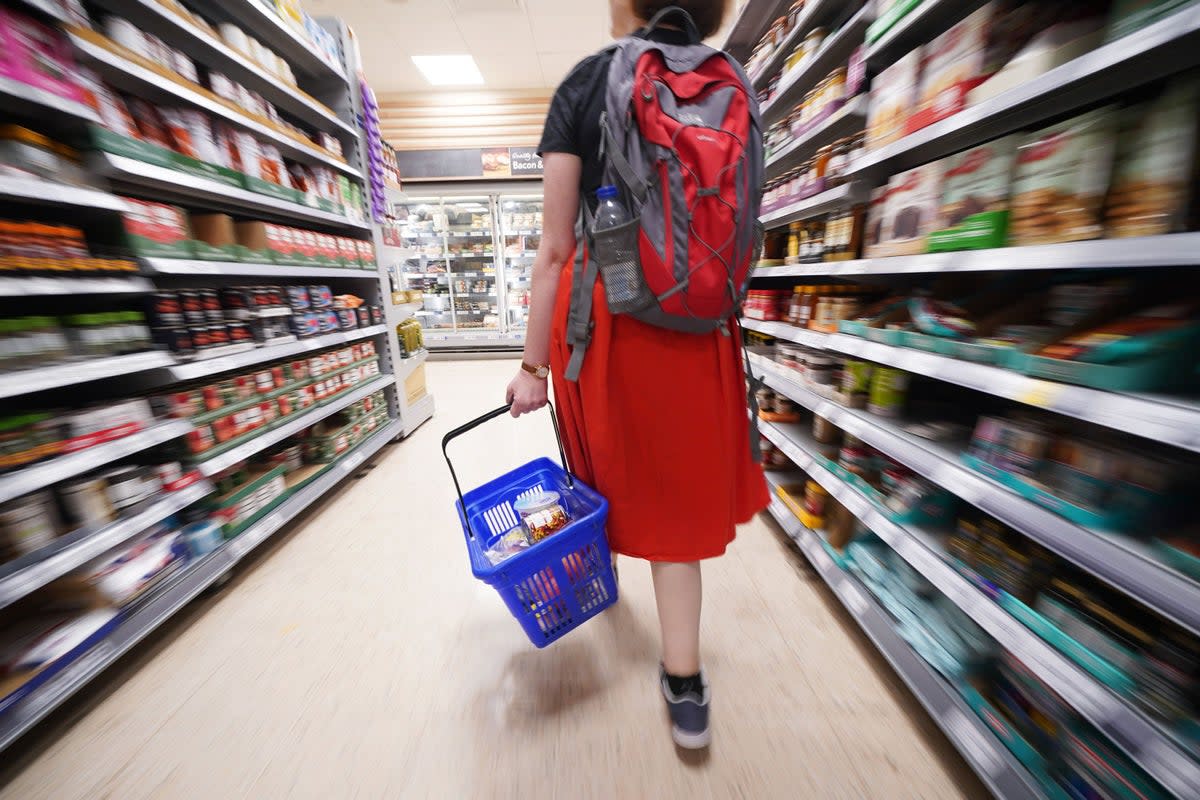UK inflation: Supermarkets say price falls are on the way but inflation still over 10%

Supermarket prices will drop over the next few months despite inflation still being above 10%, retail experts have predicted.
Inflation, which measures the rate of price rises, fell to 10.1% in the year to March from 10.4% in February, driven by food prices rising at their fastest rate for 45 years.
There were big jumps in prices for products including olive oil (up 49%), milk (up 38%) and ready meals up (21%).
The British Retail Consortium said here was a three to nine-month lag to see price falls reflected in shops
It added: “As food production costs peaked in October 2022, we expect consumer food prices to start coming down over the next few months.”
The Office for National Statistics, who compile the inflation figures, said: “You would expect to see [global food price falls] reflected in supermarkets but we’re not there yet.”
The war in Ukraine has driven up food prices around the world. Bad weather abroad led to shortages of some vegetables - a situation made worse by UK farmers producing less due to surging energy costs.
Inflation in the UK remains higher than in other Western countries, including the US, Germany, France and Italy. On Wednesday, new figures showed eurozone inflation eased to 6.9% last month, from 8.5%.
Chancellor Jeremy Hunt said he was still confident that inflation would fall sharply by the end of the year.
He added: “We have a plan and if we’re going to reduce that pressure on families, it’s absolutely essential that we stick to that plan, and we see it through so that we halve inflation this year as the prime minister has promised.”
But Rachel Reeves, Labour’s shadow chancellor, said: “The reality is that under the Tories our economy is weaker, prices are out of control and never have people paid so much to get so little in return.”
While food prices remained stubbornly high, petrol prices eased, bringing some relief for motorists.
Unleaded petrol prices peaked at about £1.90 in July and were down below £1.50 in March.

 Yahoo News
Yahoo News 
